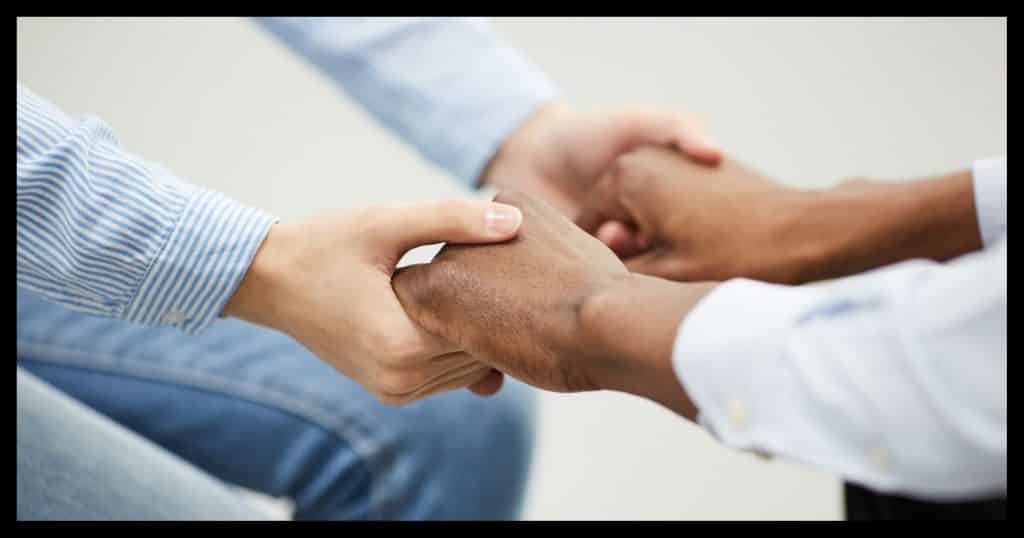
Empathy — the ability to understand, accept, and even feel the feelings being experienced by others — makes many people uncomfortable.
And yet it’s a requirement for a healthy society.
Those without empathy are those most likely to harm others, emotionally or physically, intentionally or otherwise, simply because they can’t truly understand what it is the other person is going through.
Of course there’s no black and white (a recurring theme of mine). It’s not that people do or do not feel empathy towards others. It’s a scale. On top of that, it’s a scale that’s applied unequally. We feel more empathy towards people we identify with than those we do not.
Many people feel more empathy towards animals than they do people, mostly, I suspect, because of the helplessness they assume animals experience.
We are more empathetic when we think we understand what’s being experienced. If you’ve been through a rough break-up, you’ll feel more empathy when a friend has a similar experience.
What I find most interesting about empathy is that it’s heavily affected by with what is and is not under your control, or what is or is not “fair.” If you see that rough break-up as mostly your friend’s fault, you’ll feel less empathy for them than if you believed it was because of the other party’s capricious actions.
Much like the animals, we feel more empathy for others when we perceive what they’re experiencing as being out of their control.
Further, we often experience less empathy for others if what they’re experiencing is or was in their control, or in our judgement, should or could have been. “They should have known better.”
Finally, we experience less empathy for ourselves, less acceptance, and less understanding, because we often feel or believe at a gut level that we should always have been in control, and are somehow responsible for whatever’s happened.
With luck, we’ll have an empathetic friend to help.
